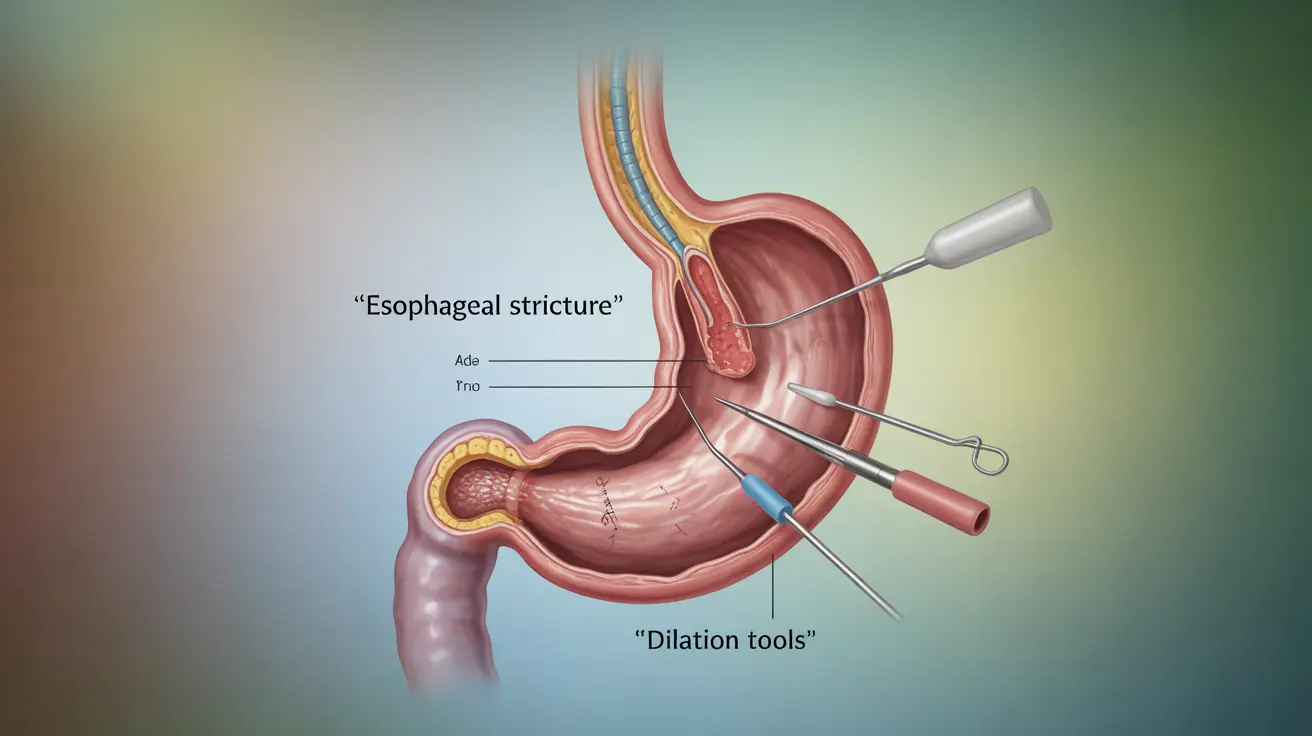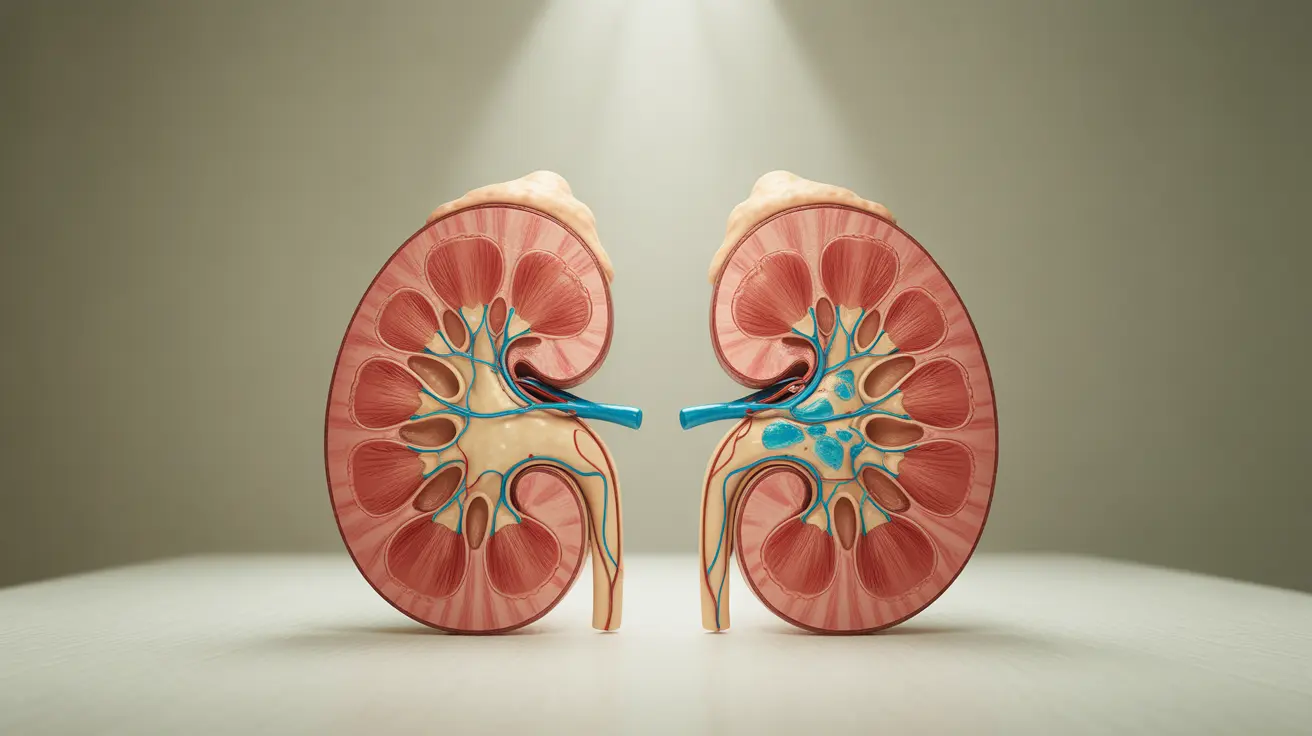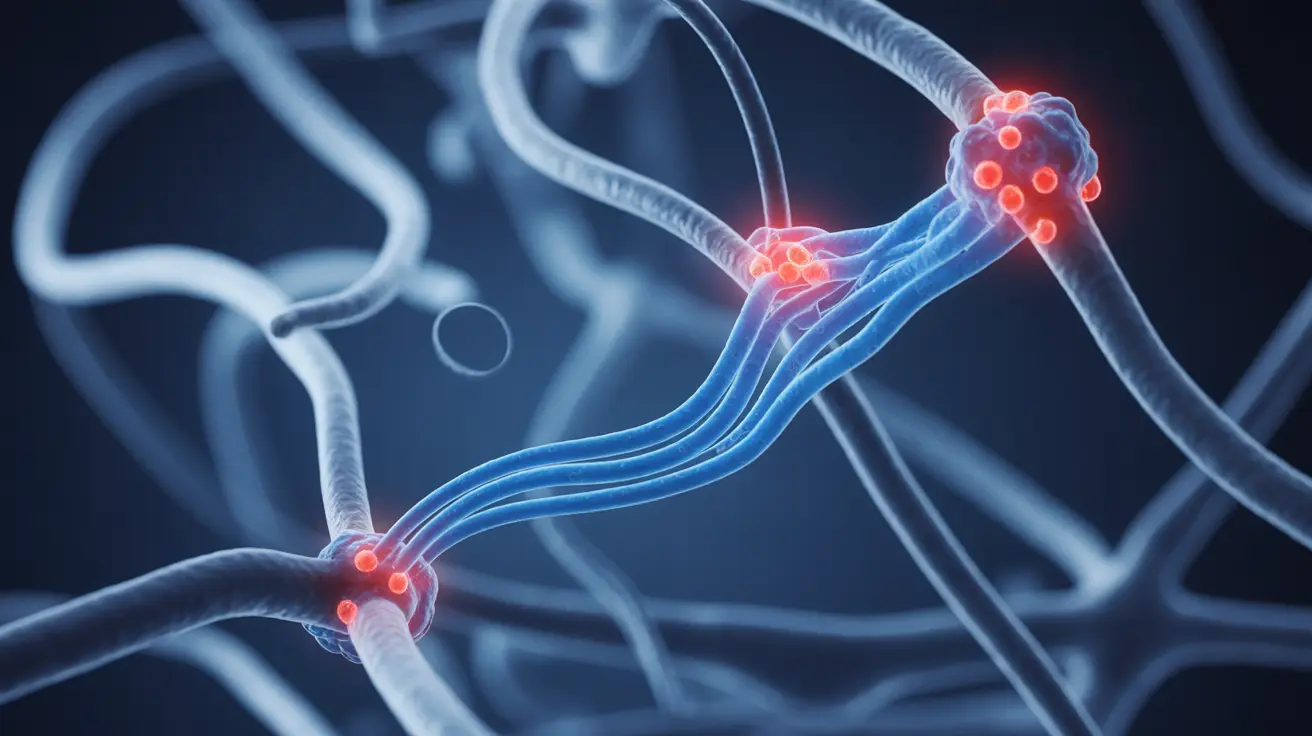Manganese is a trace mineral that plays a crucial role in various bodily functions, yet it often flies under the radar when we discuss essential nutrients. This powerful element is vital for bone health, metabolism, and wound healing, among other benefits. In this article, we'll explore the numerous manganese benefits and why maintaining adequate levels of this mineral is important for overall health and well-being.
From supporting enzyme functions to aiding in the formation of connective tissue, manganese's impact on our health is far-reaching. Let's dive into the specifics of how this mineral contributes to our body's optimal functioning and discover the best ways to ensure we're getting enough in our diets.
The Role of Manganese in Bone Health
One of the most significant manganese benefits is its contribution to bone health. This mineral is a key component in the formation and maintenance of strong, healthy bones. Manganese works synergistically with other minerals like calcium and vitamin D to support bone density and structure.
Research has shown that manganese is essential for the activation of enzymes involved in bone formation. It also plays a role in the production of collagen, a protein that forms the framework for bone tissue. Adequate manganese intake may help reduce the risk of osteoporosis, especially when combined with other bone-supporting nutrients.
Manganese and Metabolism: A Powerful Connection
Another crucial aspect of manganese benefits lies in its impact on metabolism. This mineral is involved in several metabolic processes, including the metabolism of carbohydrates, proteins, and fats. Manganese acts as a cofactor for many enzymes that are essential for these metabolic functions.
Specifically, manganese helps in the conversion of carbohydrates and fats into energy, supporting overall metabolic health. It also plays a role in regulating blood sugar levels, which is particularly important for individuals managing diabetes or at risk of developing the condition.
Wound Healing and Manganese: A Natural Alliance
The role of manganese in wound healing is another noteworthy benefit. This mineral is crucial for the formation of collagen and proteoglycans, both of which are essential components in the wound healing process. Manganese activates prolidase, an enzyme necessary for collagen formation, thus supporting the body's ability to repair and regenerate tissue.
For those recovering from injuries or surgeries, ensuring adequate manganese intake can potentially speed up the healing process and promote better outcomes. It's important to note that while manganese supports wound healing, it works best in conjunction with other nutrients and proper wound care practices.
Food Sources Rich in Manganese
To reap the manganese benefits, it's essential to include manganese-rich foods in your diet. Some excellent sources of this mineral include:
- Nuts and seeds (especially pumpkin seeds and pecans)
- Whole grains (such as brown rice and oatmeal)
- Leafy green vegetables (like spinach and kale)
- Legumes (particularly soybeans and lentils)
- Pineapple
- Sweet potatoes
- Tea
Incorporating a variety of these foods into your meals can help ensure you're getting an adequate amount of manganese through your diet.
Manganese Deficiency: Symptoms and Treatment
While manganese deficiency is relatively rare in developed countries, it can occur, especially in individuals with certain health conditions or dietary restrictions. Symptoms of manganese deficiency may include:
- Impaired growth
- Bone abnormalities
- Skin rashes
- Hair color changes
- Decreased fertility
- Neurological symptoms
If a deficiency is suspected, it's important to consult with a healthcare provider. Treatment typically involves dietary changes to increase manganese intake or, in some cases, supplementation under medical supervision.
Manganese and Diabetes: Potential Benefits and Precautions
Research has suggested that manganese may play a role in improving glucose tolerance, which could be beneficial for people with diabetes. Some studies have shown that individuals with diabetes often have lower levels of manganese in their blood compared to those without the condition.
However, it's crucial to approach manganese supplementation with caution, especially for people with diabetes. While adequate manganese intake is important, excessive amounts can potentially interfere with blood sugar control. Always consult with a healthcare provider before starting any new supplement regimen, particularly if you have a chronic condition like diabetes.
The Risks of Excessive Manganese Intake
While manganese is essential for health, it's important to be aware of the potential risks associated with excessive intake. Manganese toxicity, although rare, can occur, particularly from environmental exposure or excessive supplementation. Symptoms of manganese toxicity may include:
- Neurological problems similar to Parkinson's disease
- Psychiatric symptoms
- Respiratory issues
- Impaired motor skills
To avoid manganese toxicity, it's best to obtain this mineral through a balanced diet rather than supplements unless specifically recommended by a healthcare provider. Those working in industries with high manganese exposure, such as welding or mining, should take appropriate safety precautions.
Frequently Asked Questions
- What are the health benefits of manganese in relation to bone health and metabolism?
Manganese plays a crucial role in bone formation by activating enzymes involved in bone development and collagen production. For metabolism, it acts as a cofactor in enzymes that process carbohydrates, proteins, and fats, helping to convert them into energy and regulate blood sugar levels.
- How does manganese support wound healing and what foods are rich in this mineral?
Manganese supports wound healing by activating prolidase, an enzyme necessary for collagen formation, which is essential for tissue repair. Foods rich in manganese include nuts, seeds, whole grains, leafy greens, legumes, pineapple, and sweet potatoes.
- What are the symptoms of manganese deficiency and how is it typically treated?
Symptoms of manganese deficiency can include impaired growth, bone abnormalities, skin rashes, hair color changes, decreased fertility, and neurological symptoms. Treatment typically involves dietary changes to increase manganese intake or, in some cases, supplementation under medical supervision.
- Is manganese supplementation safe for people with diabetes, and can it improve glucose tolerance?
Manganese may help improve glucose tolerance, which could benefit people with diabetes. However, supplementation should be approached cautiously as excessive amounts can interfere with blood sugar control. Always consult a healthcare provider before starting any supplement, especially if you have diabetes.
- What are the potential risks of excessive manganese intake, and how can I avoid manganese toxicity?
Excessive manganese intake can lead to toxicity, causing neurological problems, psychiatric symptoms, respiratory issues, and impaired motor skills. To avoid toxicity, obtain manganese through a balanced diet rather than supplements unless recommended by a healthcare provider. Those with occupational exposure should take appropriate safety precautions.




